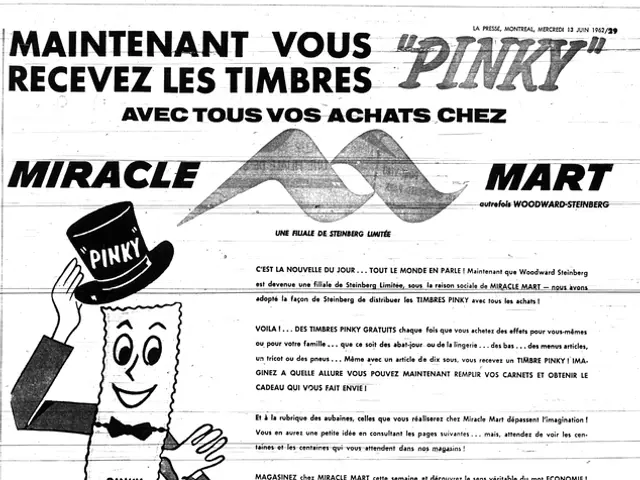Connection of Personality Assessments to their Descriptions - Advantages Revealed
In the realm of personal development and understanding, various tools help individuals gain insights into their behaviour, preferences, and strengths. Five such assessments are the Myers-Briggs Type Indicator (MBTI), Big Five Personality Traits, DISC Assessment, Enneagram, and StrengthsFinder. Each offers distinct approaches and benefits, with differences in their theoretical basis, scope, and practical applications.
Myers-Briggs Type Indicator (MBTI)
The MBTI categorises individuals into 16 distinct personality types such as INFP or ESTJ, based on four dichotomies: extraversion vs. introversion, sensing vs. intuition, thinking vs. feeling, and judging vs. perceiving. This assessment helps individuals understand their cognitive preferences, communication styles, and decision-making patterns. It is widely used in career counseling and team-building.
Big Five Personality Traits
The Big Five Personality Traits examines five broad dimensions of personality: openness to experience, conscientiousness, extraversion/introversion, agreeableness/disagreeableness, and emotional stability/neuroticism. This assessment provides a scientifically robust, trait-based, and widely accepted model for personality. It is useful for research, hiring, and development, and captures personality on continuous scales rather than types.
DISC Assessment
The DISC Assessment identifies four behavioural styles: Dominance, Influence, Steadiness, and Conscientiousness. It offers practical insight into behaviour and interpersonal dynamics in workplace settings. The test is quick and easy, and it helps with self-awareness, improving teamwork, and leadership by recognising behavioural types and their combinations.
Enneagram
The Enneagram classifies individuals into nine interconnected personality types based on core fears and motivations. It explores emotional motivations, fears, and growth paths, and is useful for deep personal insight, emotional intelligence, and interpersonal understanding.
StrengthsFinder
StrengthsFinder identifies an individual's top strengths out of a pool of 34 unique talent themes, instead of focusing on weaknesses or limitations. It helps individuals maximise personal strengths, encouraging positive psychology in personal and professional settings.
Benefits Summary
- MBTI offers a structured typology aiding self-awareness and team dynamics by categorising how people process information and interact.
- Big Five provides a scientifically backed, nuanced view of personality traits on continua, suitable across many psychological and organisational applications.
- DISC is valued for practical workplace applications, enabling quick understanding of behaviour, communication, and relationship strategies.
- Enneagram deepens understanding of core emotional drivers and personal growth pathways, often used in coaching and therapy.
- StrengthsFinder focuses on identifying and leveraging personal strengths rather than diagnosing personality, fostering positive development.
Additional Notes
- DISC tests are typically brief (around 5 minutes) and provide insights into inner (self-perception) and outer (environmental expectations) self-image, revealing how people behave under pressure and in daily life.
- MBTI and Big Five have broader research support, but MBTI is more popular in organisational contexts for simplicity.
- Emotional Intelligence (EQ) differs from personality assessments by focusing on decision-making clarity and managing biases, while personality focuses on behaviour and disposition; personality assessments alone might lack predictive power for some workplace outcomes compared to EQ measures.
In practice, these assessments complement each other depending on goals—whether gaining insight into cognitive style (MBTI), trait-based behaviour (Big Five), workplace interactions (DISC), motivational dynamics (Enneagram), or focusing on development strengths (StrengthsFinder). Personality assessments are tools designed to measure various aspects of an individual's personality, offering insights into behaviour, preferences, strengths, and areas for growth.
- The MBTI, Big Five Personality Traits, and StrengthsFinder provide structured typologies for self-awareness, promoting cognitive style understanding (MBTI), a nuanced view of personality traits (Big Five), and identifying top strengths (StrengthsFinder) respectively.
- The DISC Assessment and Enneagram offer practical insights into workplace behavior, communication, and relationship strategies (DISC) as well as core emotional drivers and personal growth pathways (Enneagram).








